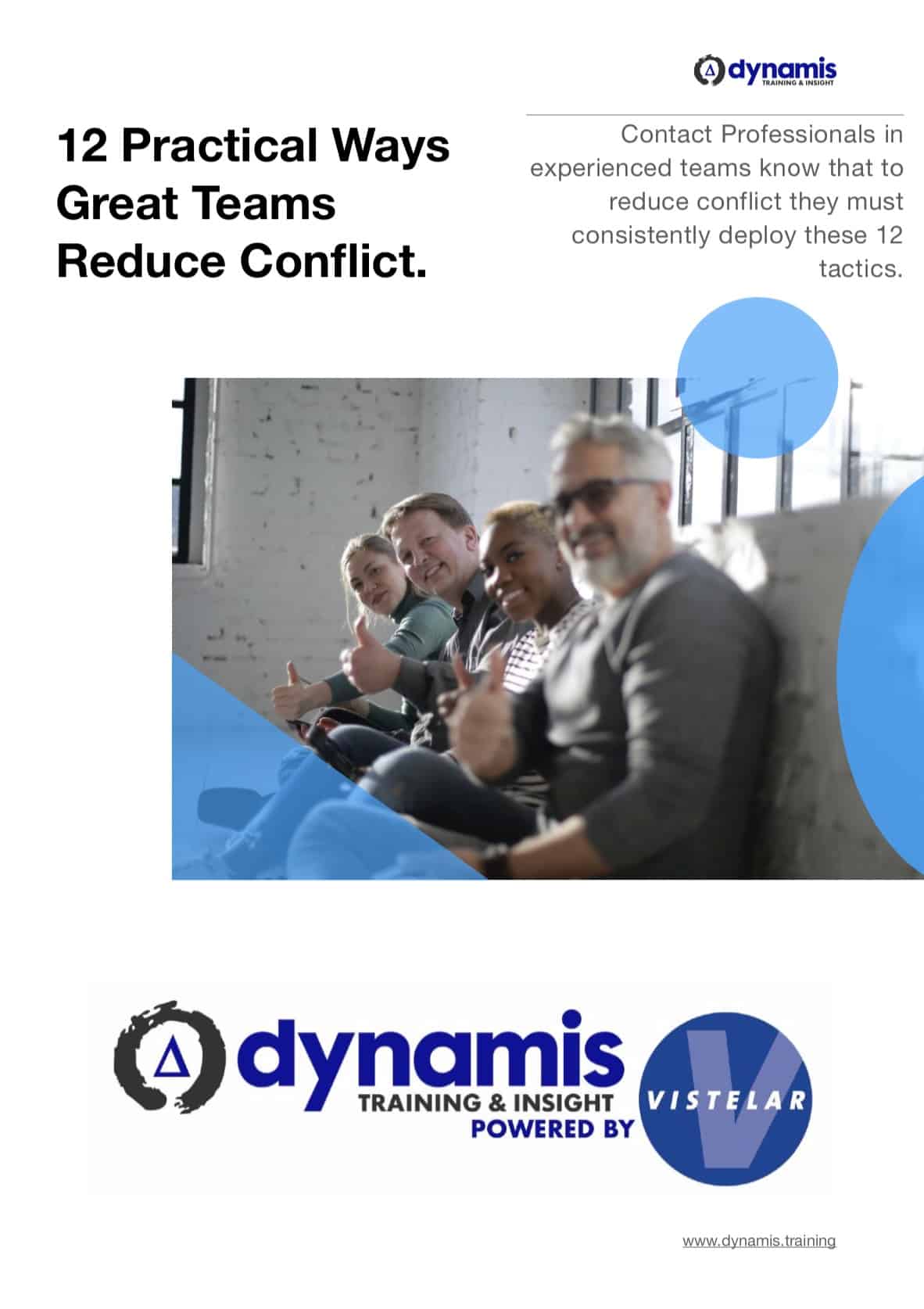Patient Satisfaction: On our conflict resolution training NHS staff are introduced to one key thing about what it takes to make a patient into a passionate advocate of that healthcare service: spontaneity.
So whether the staff member is trying to calm a distressed person in the I.C.U., or to simply initiate a positive interaction with a new patient coming to the triage desk at the E.D. we know that it is the innate qualities of that staff member and how they interpret the needs of the patient in front of them which will determine how well the interaction will go.
Great Clinical Outcomes do not always lead to Patient Satisfaction!
“it is possible to improve systems, improve the registration process, improve explaining tests and procedures, improve waits, and improve the performance of ancillary and support services in the patient’s eyes; yet all of these combined improvements could not raise overall satisfaction when staff miss the opportunities to anticipate people’s needs and show some empathy in their times of stress, pain, and grief.”
It isn’t meeting patients’ expectations that makes a stay unique or special. It is the spontaneous, unexpected, memorable moments that generate feelings of loyalty. More often than not, it is the compassionate connection between a caregiver and a patient that elevates common courtesy into something more tender and unforgettable than good, routine care.
– Fred Lee
So, during a conflict resolution training course, how do we encourage staff to create the moments of spontaneous, unexpected, memorable care which influence Patient Satisfaction so greatly?
In our Vistelar methodology, we employ a training technique called the “Peace Story” which is very effective at illuminating and encouraging these moments.
One of my great mentors and training role-models is Gary Klugiewicz from Vistelar and he likes to ask his audiences if they have seen any news of passenger aircraft which landed safely recently? And of course, people haven’t. They can, however, tell you the name and location of the last flight that went down with all lives lost!
The point is this: we tend to focus too much on the ‘war stories’ and ‘horror stories’ in our sphere of work and not enough on those Patient Satisfaction stories where things worked out the way we would like them – the ‘peace stories’ so to speak.
In Vistelar staff are encouraged to recall and then explore and create some insight from the Patient Satisfaction interactions they had which *could* have gone badly, but which instead worked out in a positive way. Almost all professionals who deal with the public regularly have a ‘Peace Story’ about how they achieved Patient Satisfaction to share!
On conflict resolution training NHS staff are exposed to Patient Satisfaction stories and experiences where patients were spontaneously treated with dignity, shown respect and cared for with compassion is likely to have the most significant influence on their behaviour and ultimately on patient experience and satisfaction.
—-
Gerard O’Dea provides tailored conflict resolution training courses for hospital and healthcare services where people are treated with dignity and shown respect, even in their most difficult moments. Combining respectful verbalisation skills with last-resort restraint alternatives for personal safety has been his specialty for over ten years as director of training for Dynamis
GP Surgery and Pharmacy Conflict Training
Conflict in the Emergency Department: Begin Well -Resolve -End Well
Conflict Management in the Emergency Department: The Paradox of Empathy for Emergency Teams
Recommended reading: Patients Come Second


